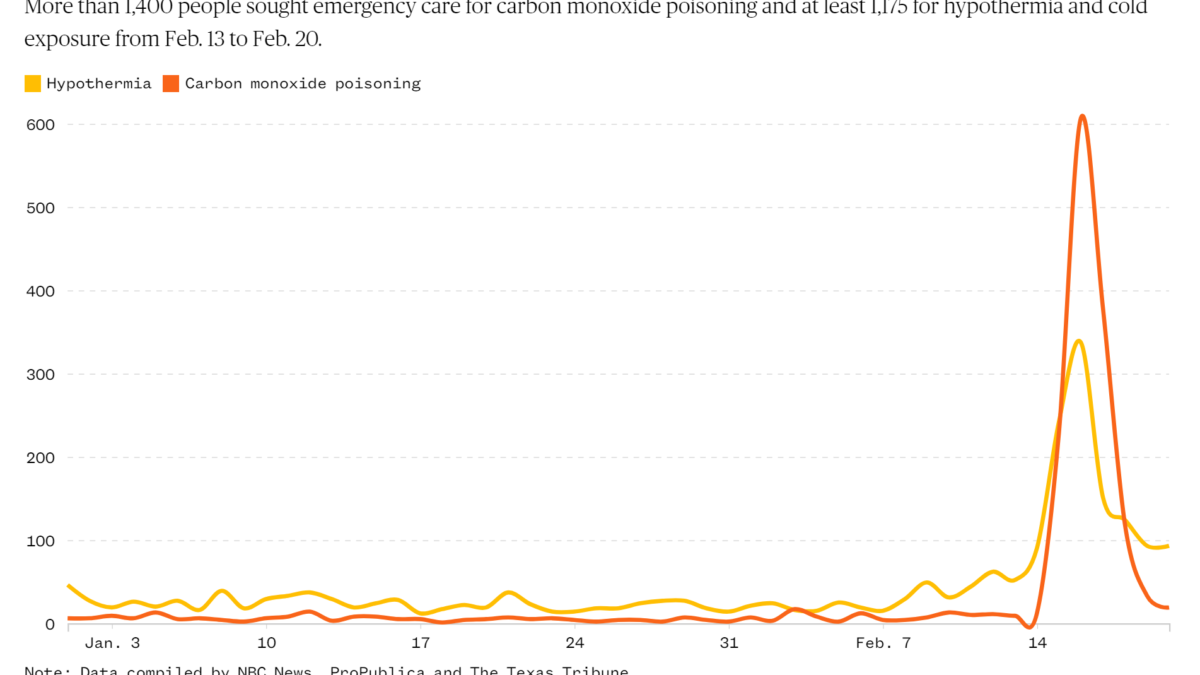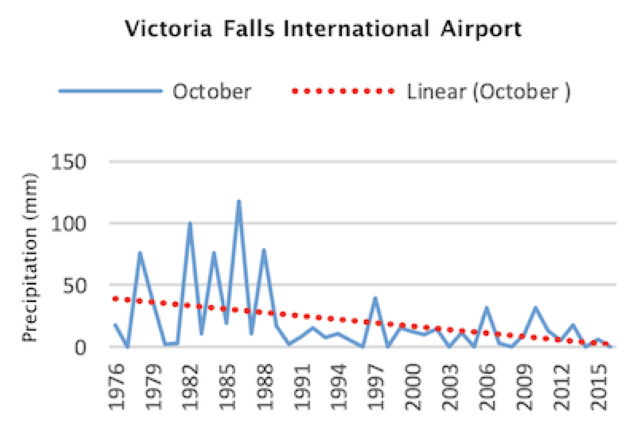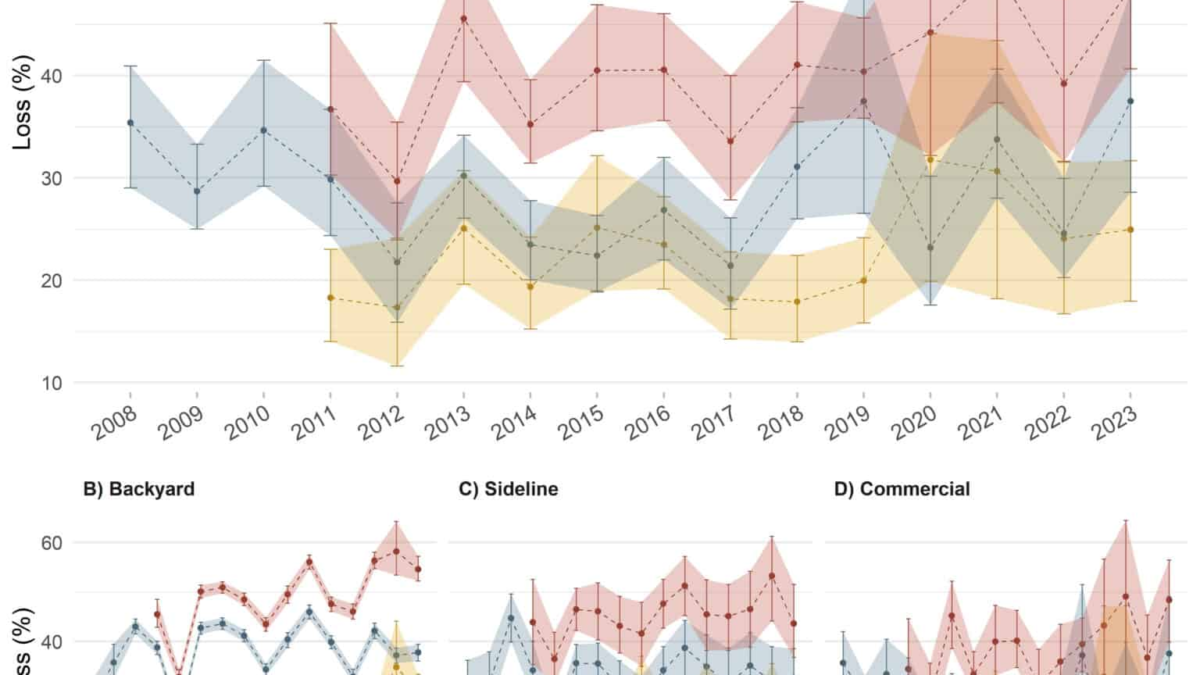Canada government announces “largest private sector investment in Canadian history” for B.C. natural gas project, two weeks after declaring climate emergency – “This is not what concerned citizens expect”
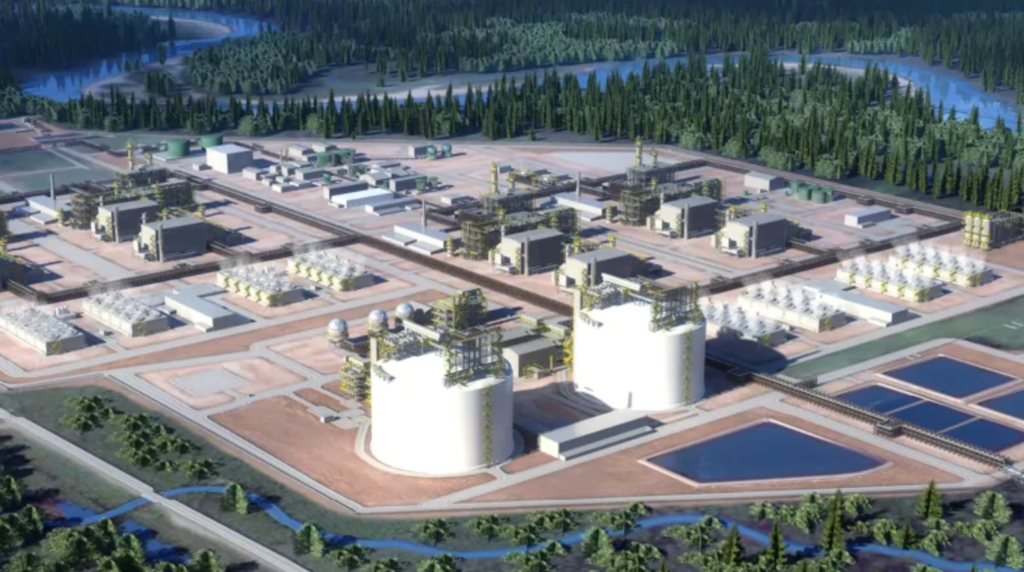
24 June 2019 (CBC News) – The federal government is pumping $275 million into LNG Canada’s $40 billion liquefied natural gas project in Kitimat, B.C.
Finance Minister Bill Morneau made the announcement Monday in Kitimat, announcing the $220 million will be directed toward buying energy-efficient gas turbines for the project, with the additional $55 million spent on replacing the Haisla Bridge in Kitimat, which is expected to see an increase in traffic.
“The Government of Canada is proud to support this historic $40 billion project that will get our resources to new markets,” said Morneau.
LNG Canada includes a liquefaction facility, a 670 kilometre pipeline from Dawson Creek and a marine terminal.
The project represents the “largest private sector investment in Canadian history,” according to a federal government news release. […]
On Twitter, B.C. Green Party Leader Andrew Weaver was critical of the announcement, writing: “And so the @liberal_party ‘climate emergency’ leads to another $220 million subsidy to LNG Canada.” [more]
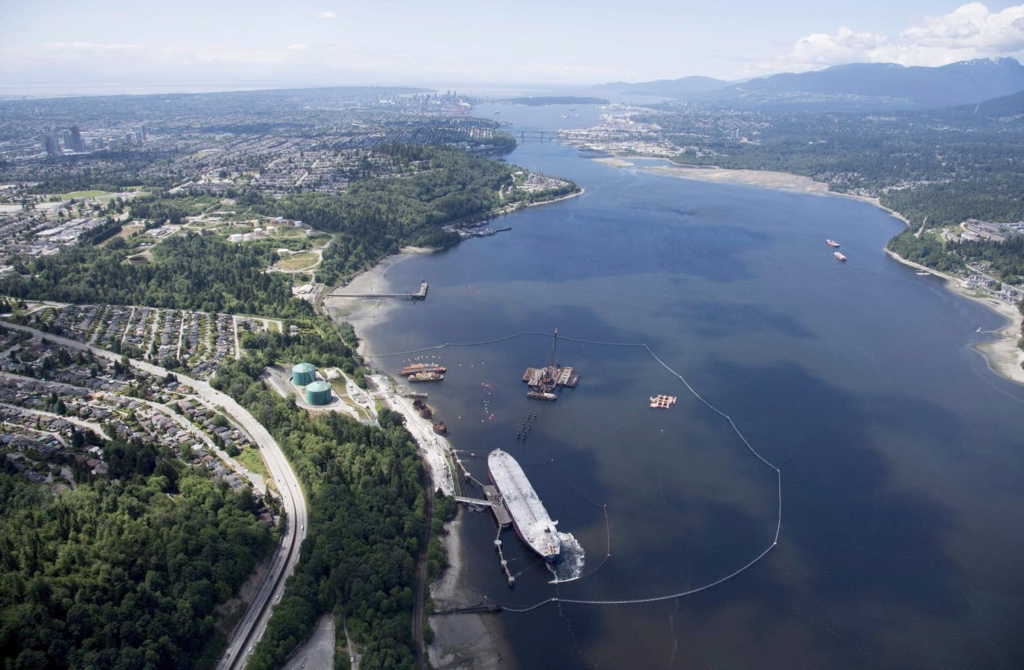
Cognitive dissonance: Canada declares a national climate emergency and approves a pipeline
By Warren Mabee
20 June 2019
(The Conversation) – On 18 June 2019, the government of Canada declared a national climate emergency. The next day, the same government approved the Trans Mountain pipeline expansion (TMX), which will be able to move almost 600,000 barrels of oil per day from Alberta to the Port of Burnaby in British Columbia.
If this seems like a contradiction, you are not alone.
To date, Canada is the largest single jurisdiction to have declared a national climate emergency, following nations like Scotland, regions like Catalonia in Spain and cities like Vancouver and San Francisco.
Climate emergency vs. state of emergency
Altogether, 83 million people, living 623 jurisdictions, are now living under a state of climate emergency. The vast majority of these declarations have occurred in the last six months. The term climate emergency intentionally evokes a state of emergency — and implies imminent action on the part of the government.
Declaring a state of emergency gives governments the powers needed to respond to the emergency, from closing roads or bridges in the case of flooding to calling out the army to manage security threats.
By comparison, the declaration of a climate emergency is far less powerful. While governments may commit to actions when declaring a climate emergency, these actions usually amount to creating plans and engaging with their citizens. Yet this is not what concerned citizens and non-governmental organizations expect in response.
They demand radical action: the dramatic reduction of greenhouse gas emissions, commitments to keep fossil fuels in the ground, the end of subsidies to fossil fuel producers and support for the rapid expansion of renewable energy. The TMX approval suggests that radical action is off the table — at least for now. [more]
Cognitive dissonance: Canada declares a national climate emergency and approves a pipeline
